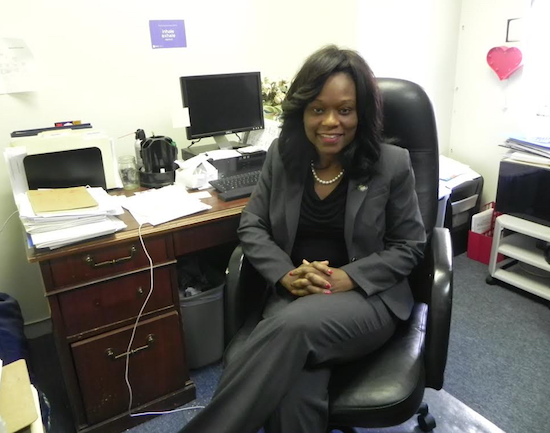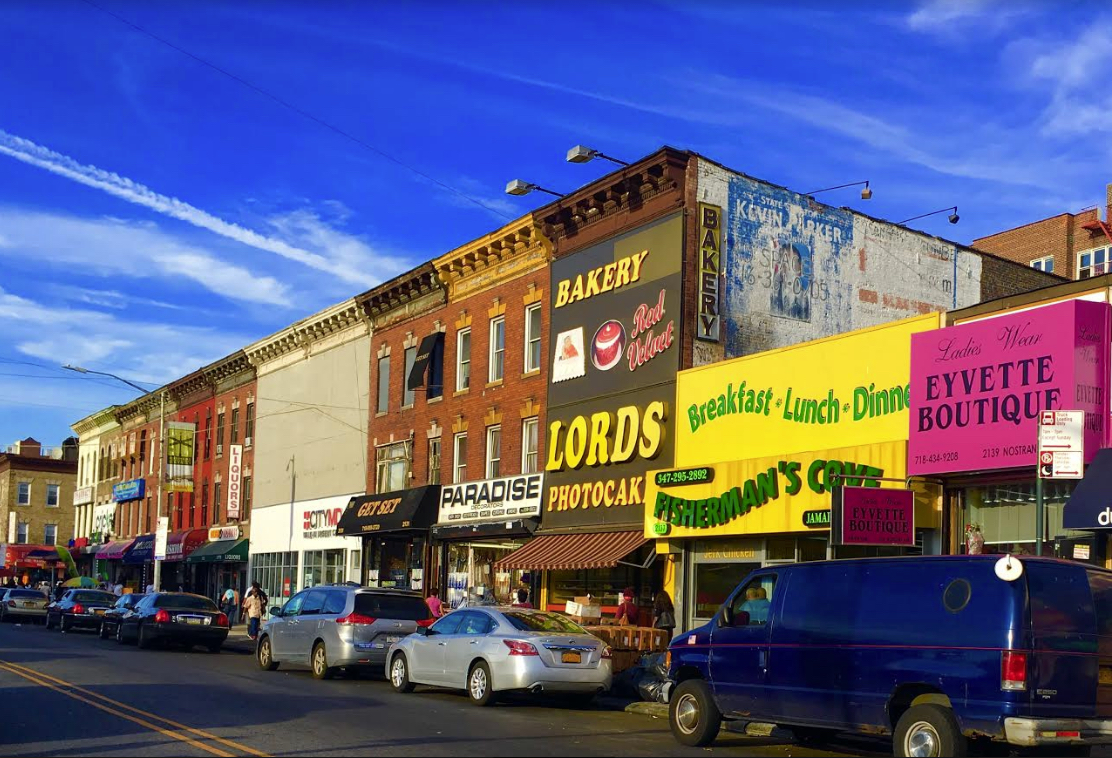Bichotte seeks help for minority, women-owned businesses

New York state should be doing more to provide opportunities for economic growth for minority and women-owned businesses, according to Assemblymember Rodneyse Bichotte, who has introduced a package of 13 bills aimed at assisting entrepreneurs.
Bichotte (D-Ditmas Park-Flatbush) is the chairperson of the Assembly’s Subcommittee on the Oversight of Minority and Women Owned Business Enterprises (MWBE).
“At a time where the wage gap and income equality are at an all time high, my legislation aims to further enhance the opportunities to incorporate MWBE goals, and create economic development opportunities for MWBEs and the local workforce throughout the state,” Bichotte said in a statement. “If passed, this legislation will have a multiplier affect on many local economies.”
